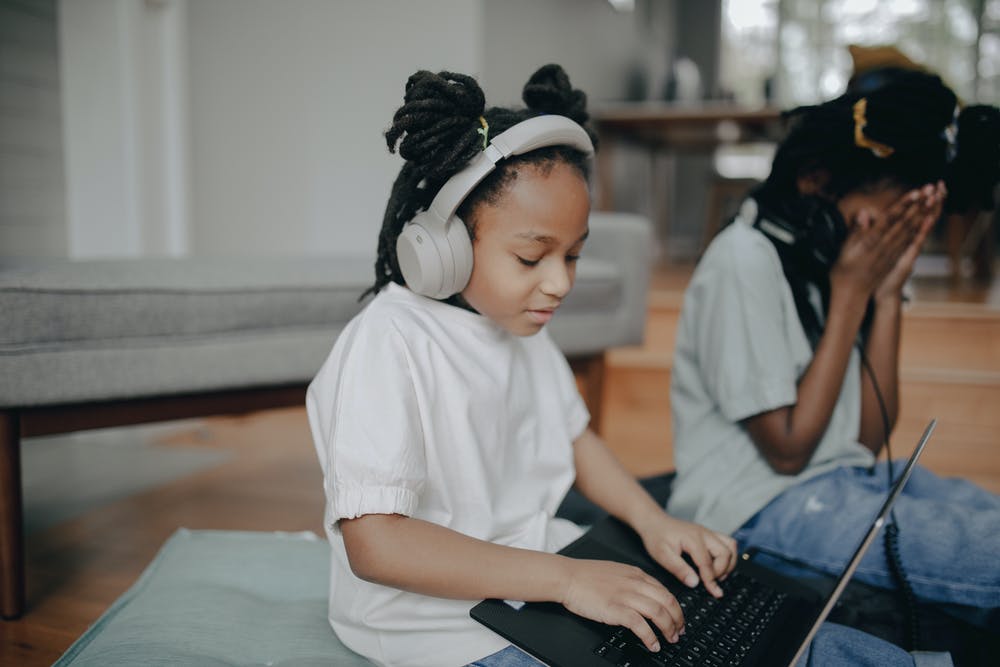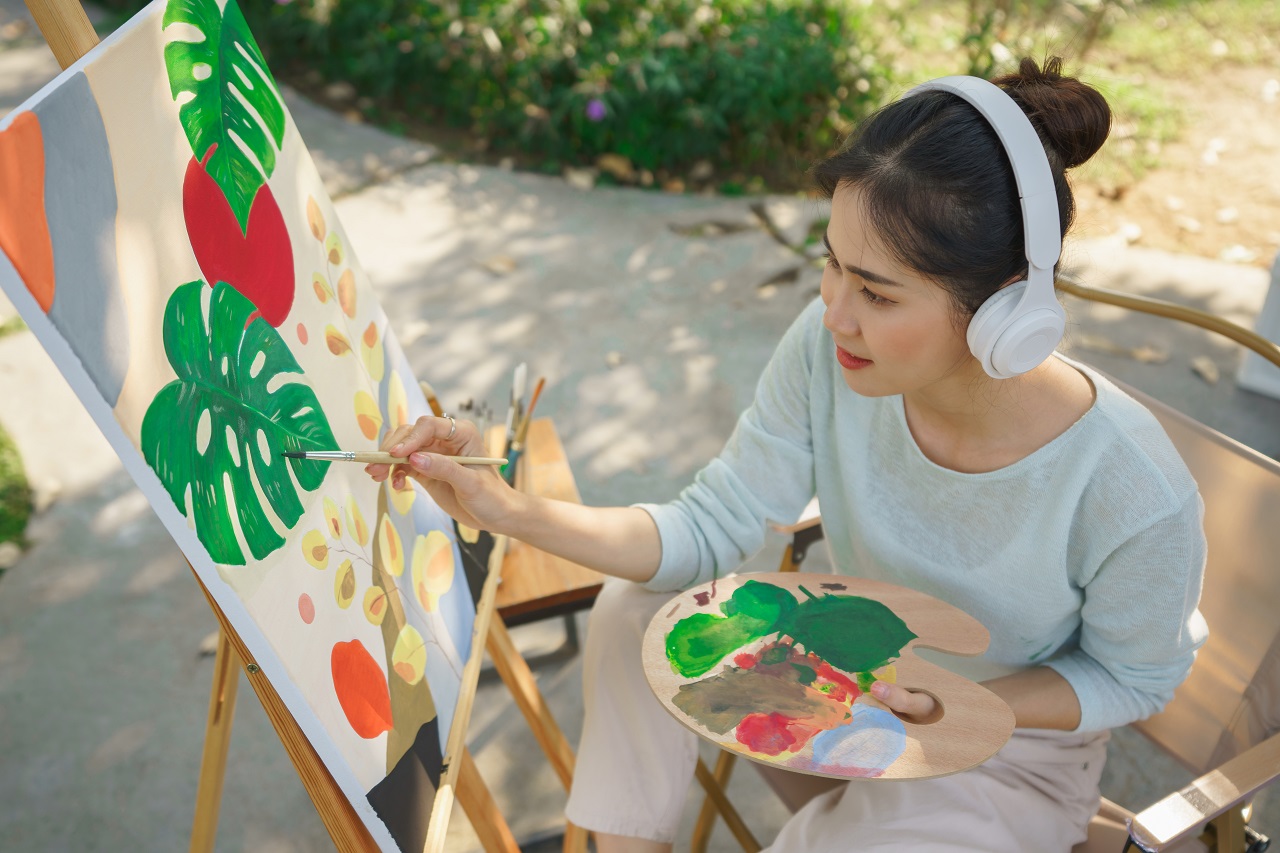The importance of music in the early years of a child’s development cannot be emphasized enough. Music contributes greatly to the young child’s cognitive, physical, and emotional development. It fosters the growth of the brain while enhancing memory, problem-solving skills, and the auditory process.
A positive relationship with music attracts a sense of well-being into a child’s life and promotes health and body awareness along with self-assurance. Music also allows for social interaction with peers as well as adults.
The following are some developmental benefits of music for young children.
Improves Fine and Large Motor Skills
The development of gross and fine motor skills needs to be encouraged in young children. Activities like clapping, jumping, and running are important in the early years of development.
Music is a great way to help a child develop these skills as it combines body movements with hand-eye coordination. Hand clapping, marching, and dancing are great activities for gross motor skills, while working on fingerplays and moving a baton are more fine motor activities.
Enhances Self-Esteem
Music is an excellent outlet for children to feel empowered. Through the use of instruments and singing, children can gain a sense of self-worth. This self-confidence will help a child through their school years as they continue to learn more about their own strengths while also having the confidence to learn more and grow.
Improves Listening Skills
The ability to listen is an important life skill that music can greatly enhance. Through the use of instruments and singing, a child will learn how to pay attention and listen with their ears.
This will allow the child to become more focused on the task at hand while being able to listen more effectively. Music is a wonderful way to build a child’s attention span and learning focus.
Develops Language Skills
Music is language. While a child learns to communicate through the sounds of their own language, music provides a universal way to communicate.
Music can be a great avenue for children to learn and express themselves and their emotions in a non-verbal way. The use of music in therapy and speech therapy has been shown to be very effective.
Improves Social Interaction
Learning to listen, move, and interact with other children is an important skill that a child will continue to use throughout their life. Music is a way to help children learn social interaction, and interaction with an instrument provides the child with a way to express their own musical opinions.
Improves Memory
Since music involves enunciating words along with a tune, they will be trained to listen and sing. Through listening and singing, a child will greatly improve their memory.
Introduce Music to Your Kids
Music is a great way to provide young children with a positive learning experience that involves all of their senses. It is essential to encourage a positive relationship with music at an early age and continue exposing your child to music throughout their entire childhood. Music lessons, music programs at preschool, and early education programs are a great way to get your child started on their musical education and young, vibrant love of music.
Start with beautiful harp music here on Prayer Pray. We have instrumentals perfect for your child’s developing brain. Get started now!




